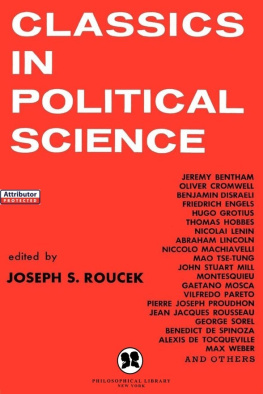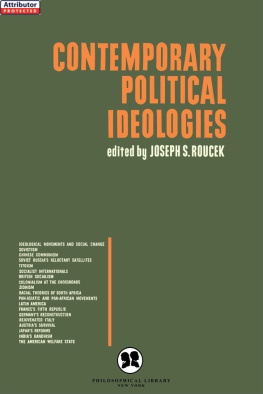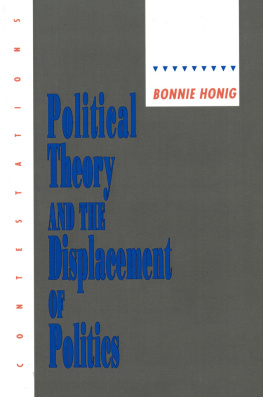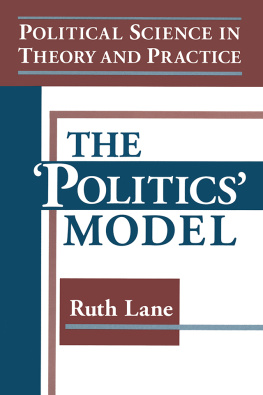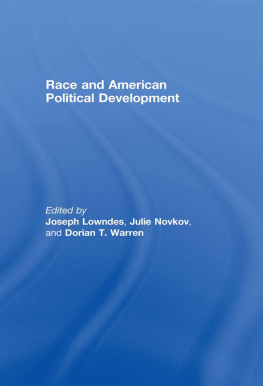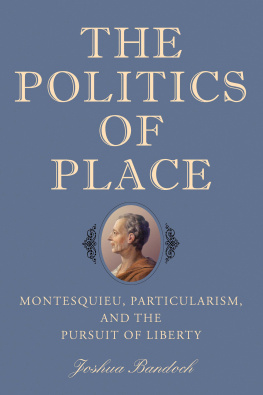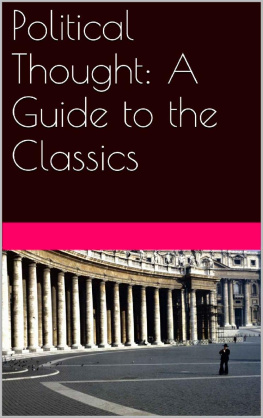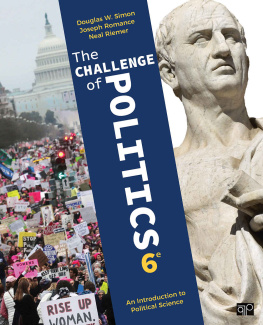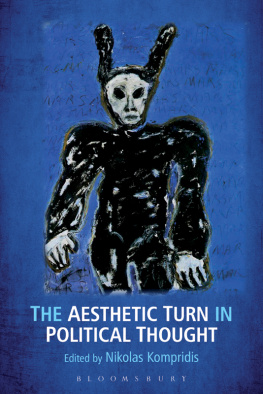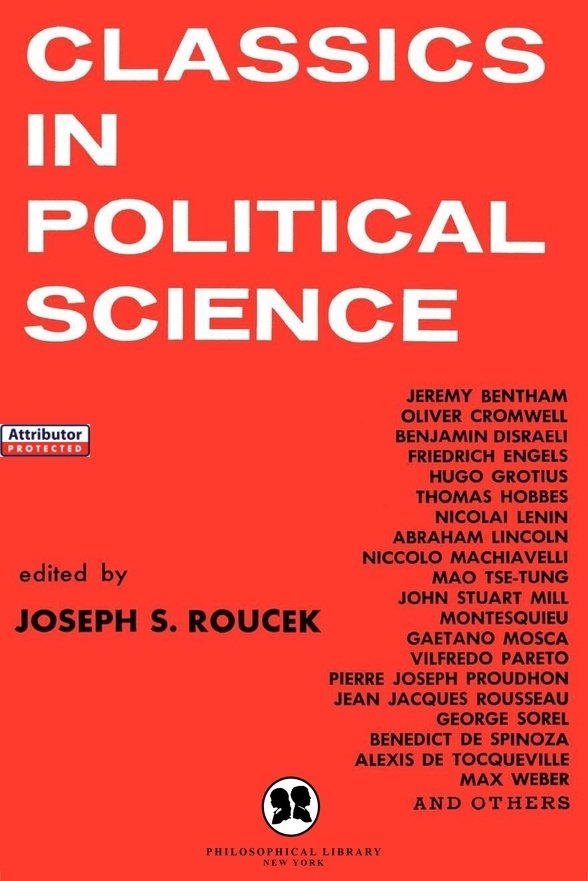Acknowledgments
Acknowledgment is gratefully made to the following for permission to reprint from their publications:
George Allen & Unwin, London, Reflections on Violence by George Sorel, translated by T. E. Hulme, 1925.
Cambridge University Press, New York, The Doctrine of Fascism by Benito Mussolini, in The Social and Political Doctrines of Contemporary Europe by Michael Oakeshott, 1939.
Cassell & Company, Ltd., London, The Sinews of Peace: Postwar Speeches by Sir Winston Churchill, edited by Randolph S. Churchill.
Columbia University Press, New York, Perpetual Peace by Immanuel Kant, with an introduction by Nicholas Murray Butler, 1932; copyright 1932, U.S. Library Association, Inc.
Ginn & Company, Boston, Proclamation, 19th Brumaire by Napoleon Bonaparte, in Readings in Modern European History by James Harvey Robinson and Charles A. Beard, 1908.
Alfred A. Knopf, Inc., The Decline of the West by Oswald Spengler, 1932.
Harvard University Press, Cambridge, The Writings and Speeches of Oliver Cromwell, edited by Wilbur Cortez Abbott, 1945.
J. B. Lippincott Company, New York and Philadelphia, The Social Contract by Jean Jacques Rousseau, in Readings in Western Civilization, selected and edited by George H. Knoles and Rixford K. Snyder, 1951.
Longmans, Green & Company, New York, The Living Thought of Confucius, edited by Alfred O. Mendel, published by David McKay Company, 1950.
McGraw-Hill Book Company, New York, The Ruling Class by Gaetano Mosca, translated by Hannah D. Kahn, edited and revised by Arthur Livingston, 1939.
The Navajivan Trust, Ahmedabad, India, All Men Are Brothers by Mahatma Gandhi, published by UNESCO and Columbia University Press, 1958.
Oxford University Press, London, The Speeches of Adolf Hitler, April 1922-August 1939, edited by Norman H. Baynes, 1942.
The Pareto Fund, San Francisco, The Mind and Society by Wilfredo Pareto, published by Harcourt Brace, 1935.
The Philadelphia Yearly Meeting, Philadelphia, Fruits of an Active Life by William Penn, edited by William Wistar Comfort.
The Pontifical Institute of Mediaeval Studies, Toronto, On Kingship by St. Thomas Aquinas, translated by Gerald B. Pheland, revised with introduction and notes by I. T. Eschmann, 1949.
JOHN ADAMS
(1735-1826)
Although remembered as the second President of the United States (1797-1801), was one of the most prolific political essayists of his generationand one of the most astute. Unlike his doctrinaire contemporaries, he was little interested in abstractions and generalities (such as natural rights and social contracts), and in the revolutionary struggle favored the radicals in action but not in thought. Although not disputing the natural-rights-social-contract theory on the whole, he believed it had little bearing on the controversy between England and the colonies; he felt the real issue was one of practical constitutional principles since Great Britain had reached a point in her development where former concepts had to be reconsidered and adapted to new situations. The Empire could no longer be ruled on a parent-child basis, but must be viewed as a partnership of equals, which in fact it had become. The British constitution, therefore, should be conceived as the fundamental law of the Empire, determining the equal rights and duties of the partners.
Thoughts on Government Applicable to the Present State of the American Colonies (January, 1776)
M Y DEAR SIR, If I was equal to the task of forming a plan for the government of a colony, I should be flattered with your request, and very happy to comply with it; because, as the divine science of politics is the science of social happiness, and the blessings of society depend entirely on the constitutions of government, which are generally institutions that last for many generations, there can be no employment more agreeable to a benevolent mind than a research after the best.
Pope flattered tyrants too much when he said,
For forms of government let fools contest,
That which is best administered is best.
Nothing can be more fallacious than this. But poets read history to collect flowers, not fruits; they attend to fanciful images, not the effects of social institutions. Nothing is more certain, from the history of nations and nature of man, than that some forms of government are better fitted for being well administered than others.
We ought to consider what is the end of government, before we determine which is the best form. Upon this point all speculative politicians will agree, that the happiness of society is the end of government, as all divines and moral philosophers will agree that the happiness of the individual is the end of man. From this principle it will follow, that the form of government which communicates ease, comfort, security, or in one word, happiness, to the greatest number of persons, and in the greatest degree, is the best.
All sober inquirers after truth, ancient and modern, pagan and Christian, have declared that the happiness of man, as well as his dignity, consists in virtue. Confucius, Zoroaster, Socrates, Mahomet, not to mention authorities really sacred, have agreed in this.
If there is a form of government, then, whose principle and foundation is virtue, would not every sober man acknowledge it better calculated to promote the general happiness than any other form?
Fear is the foundation of most government; but it is so sordid and brutal a passion and renders men in whose breasts it predominates so stupid and miserable, that Americans will not be likely to approve of any political institution which is founded on it.
Honor is truly sacred, but holds a lower rank in the scale of moral excellence than virtue. Indeed, the former is but a part of the latter, and consequently has not equal pretensions to support a frame of government productive of human happiness.
The foundation of every government is some principle or passion in the minds of the people. The noblest principles and most generous affections in our nature, then, have the fairest chance to support the noblest and also most generous models of government.
A man must be indifferent to the sneers of modern Englishmen, to mention in their company the names of Sidney, Harrington, Locke, Milton, Nedham, Neville, Burnet, and Hoadly. No small fortitude is necessary to confess that one has read them. The wretched condition of this country, however, for ten or fifteen years past, has frequently reminded me of their principles and reasonings. They will convince any candid mind, that there is no good government but what is republican. That the only valuable part of the British constitution is so; because the very definition of a republic is an empire of laws, and not of men. That, as a republic is the best government, so that particular arrangement of the powers of society, or, in other words, that form of government which is best contrived to secure an impartial and exact execution of the laws, is the best of republics.
Of republics there is an inexhaustible variety, because the possible combinations of the powers of society are capable of innumerable variations.
As good government is an empire of laws, how shall your laws be made? In a large society, inhabiting an extensive country, it is impossible that the whole should assemble to make laws. The first necessary step, then, is to depute power from the many to a few of the most wise and good. But by what rules shall you choose your representatives? Agree upon the number and qualifications of persons who shall have the benefit of choosing, or annex this privilege to the inhabitants of a certain extent of ground.

